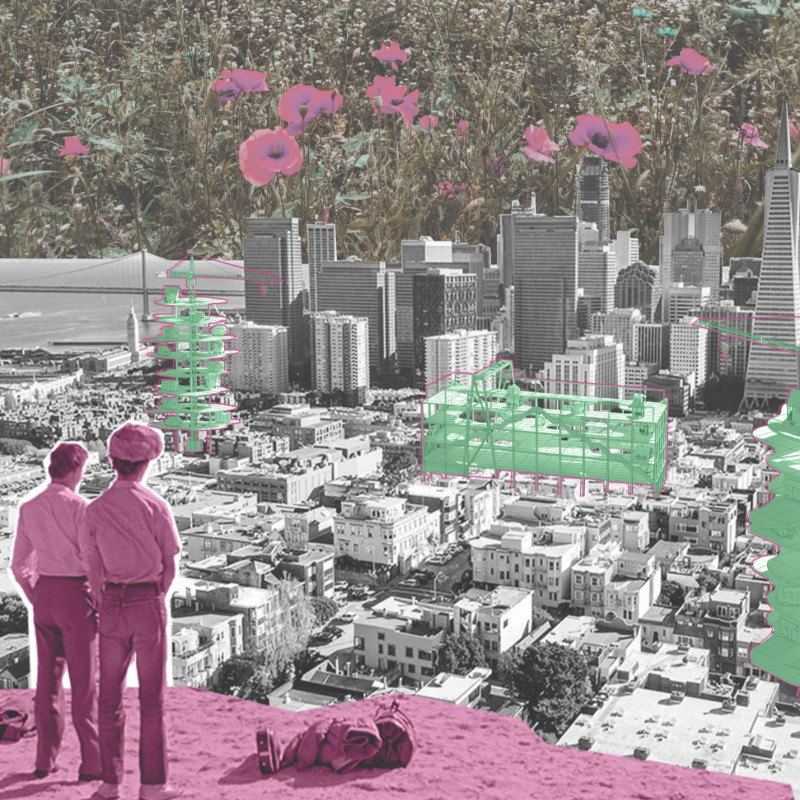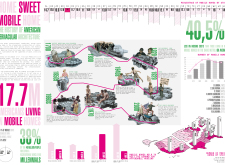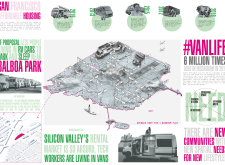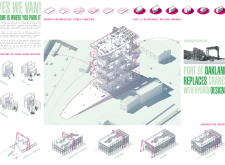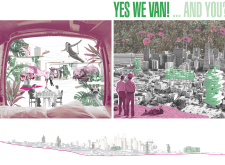5 key facts about this project
At its core, the project represents a paradigm shift in how we perceive housing, shifting from static structures to dynamic environments that adapt to the needs of their occupants. It reflects a growing trend toward mobile living arrangements that cater to a diverse demographic, particularly in urban areas where space is at a premium. The design encourages a lifestyle that promotes not only individual autonomy but also foster community connections, thereby redefining what it means to feel at home.
The design functions as a modular living unit, capable of being relocated while maintaining a high standard of comfort and usability. Each component is meticulously planned to optimize space, incorporating essential living amenities within a compact footprint. The layout often includes multifunctional areas that serve multiple purposes, allowing residents to customize their space according to their daily needs.
Key components of this project include modular kitchens, workspaces, and communal areas that facilitate social interaction among residents. The use of prefabricated timber structures underscores an emphasis on sustainability while providing a warm, inviting aesthetic. Additionally, the interiors are designed to maximize natural light, creating open and airy environments that contribute to residents’ well-being.
Materiality plays a critical role in this design, as it utilizes sustainable options that minimize environmental impact without sacrificing quality. Lightweight yet durable materials allow for ease of transport, while the incorporation of natural elements aims to create a harmonious balance with the surrounding environment. The aesthetics of the project, characterized by clean lines and a cohesive color palette, further enhance its appeal, making it a welcoming addition to any neighborhood.
Unique design approaches are evident throughout the project, particularly in the way it encourages a dialogue between private and communal spaces. By incorporating shared amenities, the design emphasizes the importance of community while still respecting individual privacy. This idea of shared resources also aligns with modern ecological practices, where collaboration and resource efficiency take precedence.
The project stands out not only for its functional attributes but also for its innovative integration of living, working, and social spaces. As urban living continues to evolve, the design encapsulates a vision that embraces both mobility and stability, providing a relevant response to contemporary housing challenges. Through its modular and adaptable elements, it presents a viable solution for promoting a sustainable and engaging lifestyle.
For those seeking to delve deeper into the intricacies of this architectural endeavor, further exploration of the architectural plans, architectural sections, architectural designs, and various architectural ideas presented will provide comprehensive insights into its thoughtful design strategies and the implications they have for the future of urban living.


